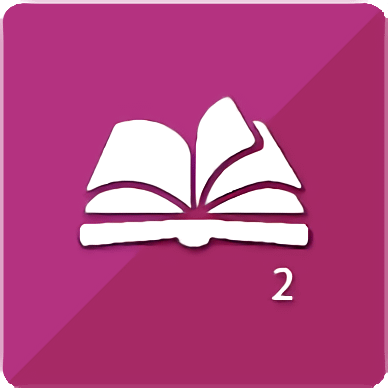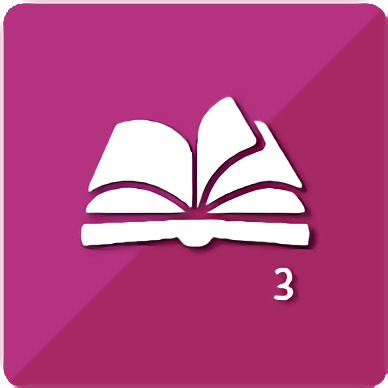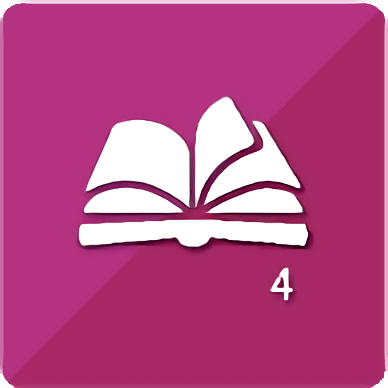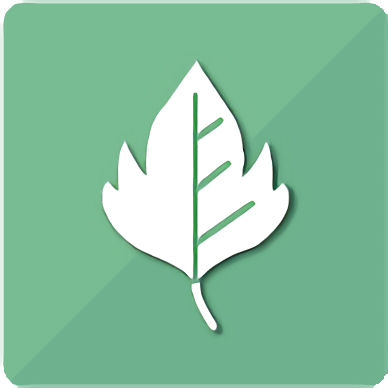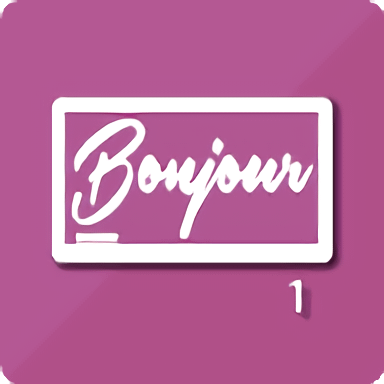English 2 [Competency Based] (1st semester)
$250.00Course Description
How can the written language be changed according to context, audience, and purpose? In this course, students explore the evolution of language in fiction and nonfiction, assess rhetorical and narrative techniques, identify and refine claims and counterclaims, and ask and answer questions to aid in their research. Students also evaluate and employ vocabulary and comprehension strategies to determine the literal, figurative, and connotative meanings of technical and content-area words and phrases.
Course Breakdown
Beowulf by an anonymous author
The Glass Menagerie by Tennessee Williams
The Song of Roland by an anonymous author
“Ozymandias” by Percy Bysshe Shelley
“Soul's Joy, Now I Am Gone” by John Donne
“Sonnet 73” by William Shakespeare
“My Last Duchess” by Robert Browning
“A Valediction Forbidding Mourning” by John Donne
“Go and Catch a Falling Star” by John Donne
“Sweetest Love, I Do Not Go” by John Donne
“All the World's a Stage” by William Shakespeare
“The Passionate Shepherd to His Love” by Christopher Marlowe
“The Nymph's Reply to the Shepherd” by Sir Walter Raleigh
“Do Not Go Gentle into That Good Night” by Dylan Thomas
“In Westminster Abbey” by John Betjeman Lord of the Flies by William Golding
Course Goals
Write an original short story.
Read and analyze a variety of poems by British authors.
Analyze the use of literary devices in various readings. Write a persuasive essay that encourages your audience to take action to fix a problem in your community.
Conduct and utilize research to support ideas and counterarguments.
Read and analyze Lord of the Flies.


